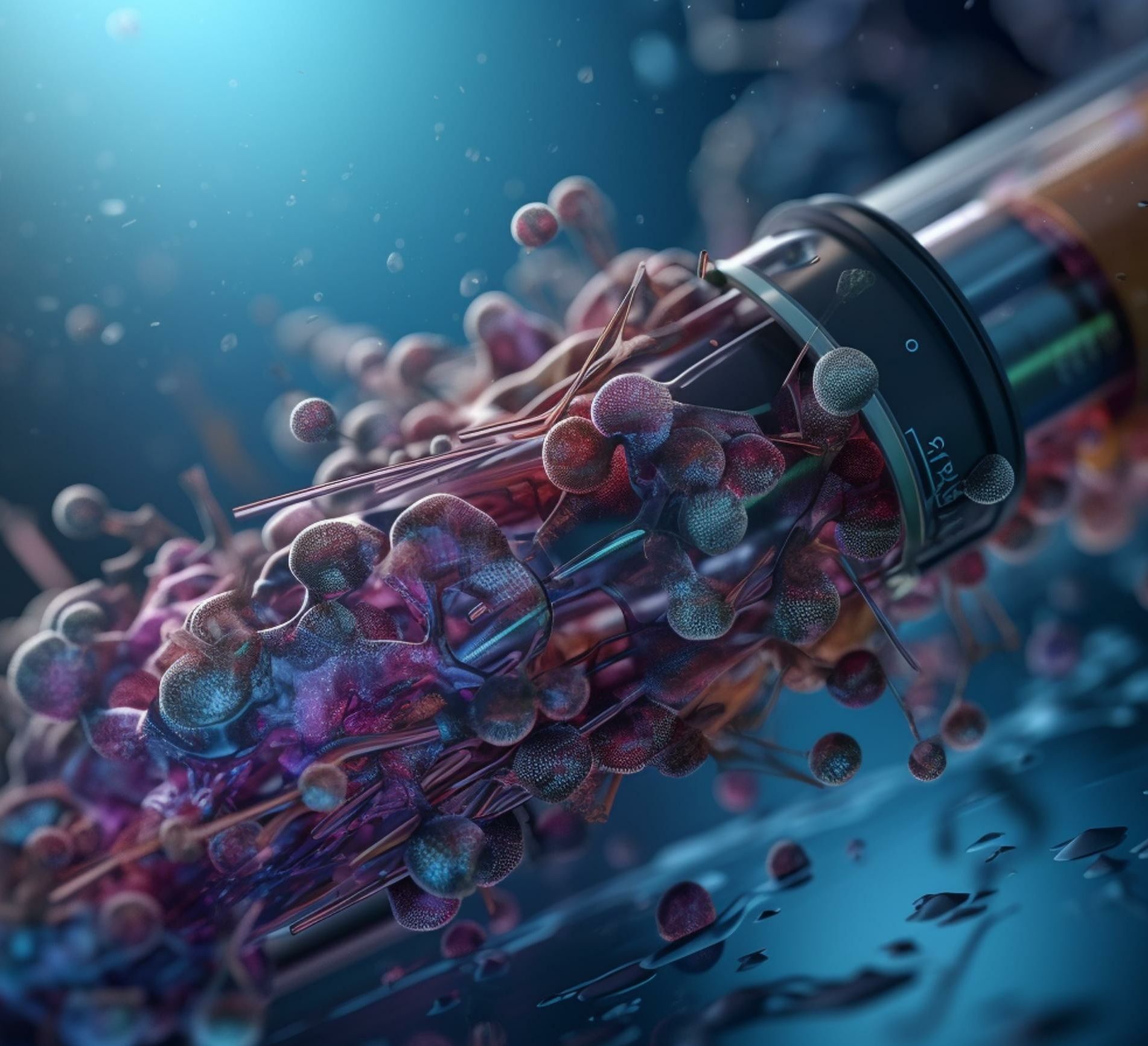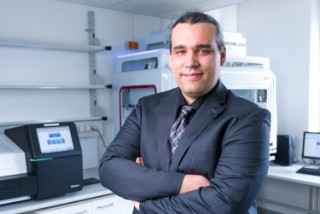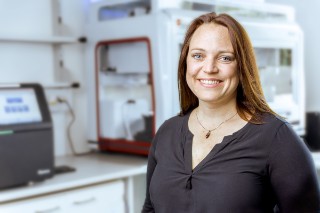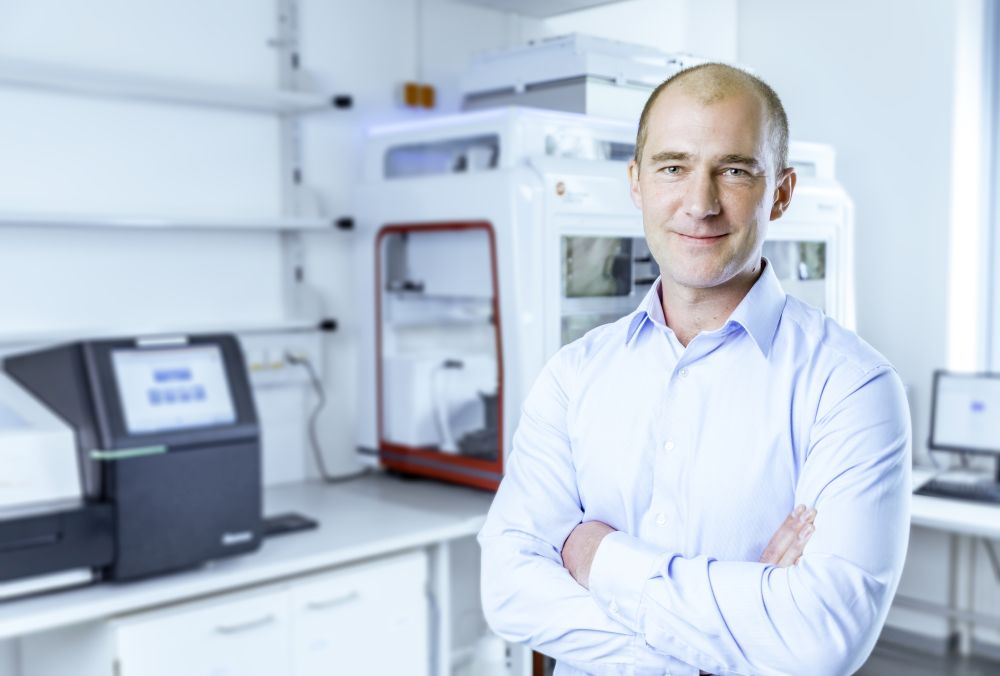
The “liquid biopsy” has established itself as an innovative and minimally invasive procedure in the diagnosis of cancer. Valuable findings about the existence of cancer can be obtained from liquid biopsies such as blood. In particular, circulating tumor cells (CTCs) in the blood, cell-free DNA (cfDNA), or tumor-derived exosomes provide important information about the disease itself and the course of therapy based on their genomic or transcriptomic data. We extend this concept of liquid biopsy to the analysis of disseminated tumor cells (DTCs) in other tissues, such as the lymph nodes or cerebrospinal fluid, and to the recovery of pure cell populations from fixed tissues, such as pure tumor cell populations from collected primary tumor samples.
Our range of methods has been adapted to the processing of small cell populations — down to single cells — and enables us to answer individual questions. By using our well established and GDPR-compliant access to a large number of patient samples, we will accompany your newly developed procedures, platforms and devices until they have reached product maturity.
 Fraunhofer Institute for Toxicology and Experimental Medicine
Fraunhofer Institute for Toxicology and Experimental Medicine

